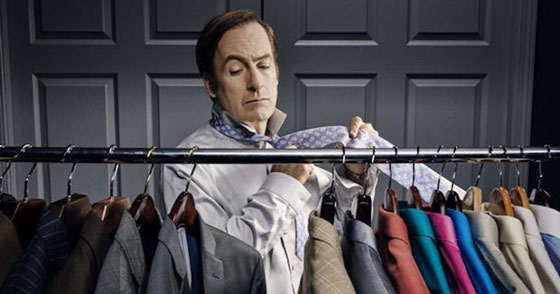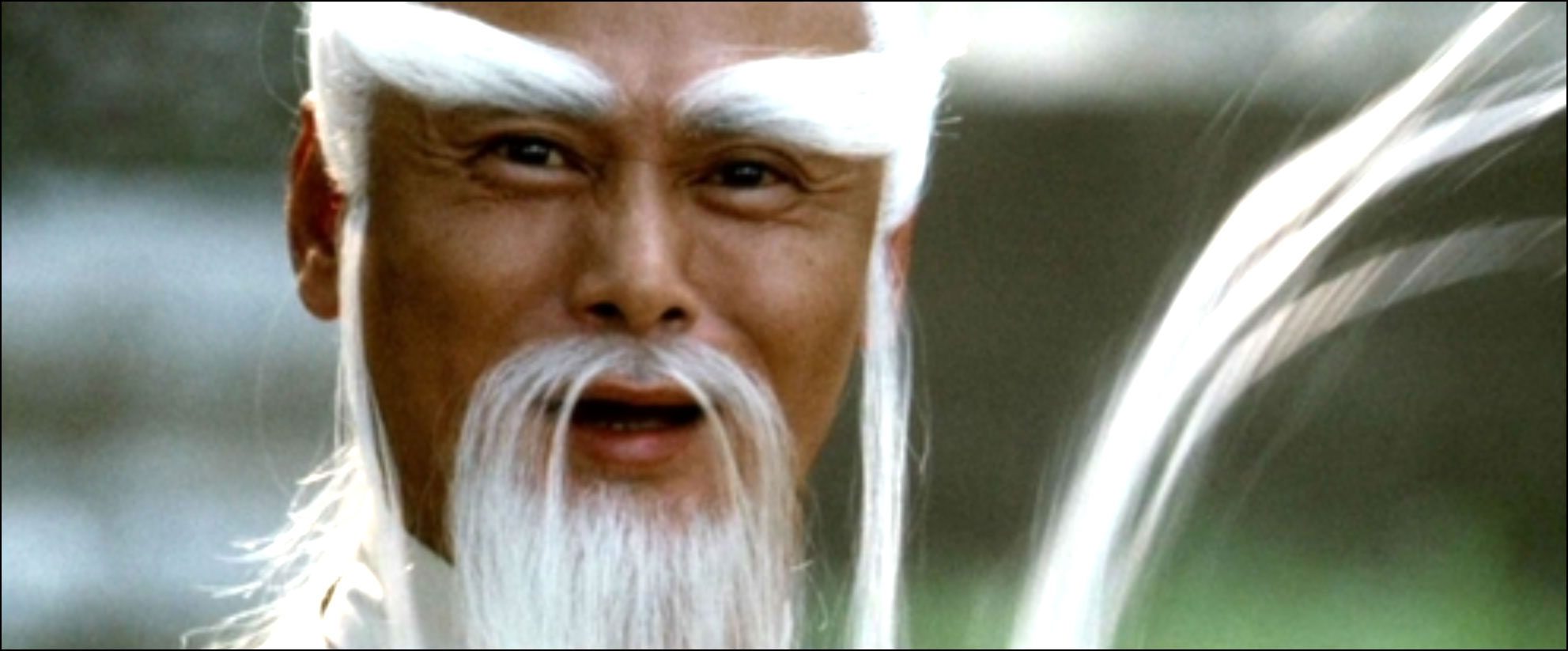
It’s not often that a spin-off show ends up being better than its predecessor, but having just completed all of Better Call Saul, I have to say that I think it was better than Breaking Bad. Obviously, Saul Goodman never exists without Breaking Bad, but from a storytelling, character development, pace of the story and general writing are concerned, I think Better Call Saul was better than Breaking Bad as a whole.
It’s almost like Vince Gilligan took all of the criticism and feedback he heard, willingly and unwillingly after the conclusion of Breaking Bad, and took a lot of the more valid critiques in mind and applied them to Better Call Saul, like it was one gigantic redo, a luxury that so many in the industry don’t get to have.
This isn’t to belittle Breaking Bad at all, it’s still one of the all-time best shows that comes to my mind when I think about the best things I’ve watched in my life, but I just thought that Better Call Saul was just a little bit better, and it’s not just recency bias.
Whereas Breaking Bad was mostly the journey of Walter White from mild-mannered chemistry teacher-turned-drug kingpin with some occasional spotlight onto Jesse Pinkman, Better Call Saul’s tandem storylines between Jimmy McGill and Mike Ehrmantraut basically were two shows merged into one showing complex relationships, inner conflicts and ultimate choosings in paths for the characters with the characters entwining sometimes and at other times being completely independent from the other.
There was something inherently beautiful about the storytelling of Saul, where both Jimmy and Mike were basically both headed on the same character development paths, despite having vastly different backgrounds. And obviously, it was a treat to see the sprinkling of characters from Breaking Bad begin to make their appearances in this prequel timeline, before things started to get really intense and mold the characters closer to their final forms that they would transform into by the time they start appearing in Breaking Bad.
But if I really had to pinpoint where I thought Better Call Saul really trumped Breaking Bad, it really could be narrowed down to a singular character: Lalo. My biggest gripe in the world with Breaking Bad was just how shitty it was that the last boss of the series was more or less, a bunch of fairly generic white supremacists. Uncle Jack and his white supremacist group seemed like such a colossal step down after Walt had been entangled with Gus Fring for the previous seasons, and it just left a sour aftertaste in my mouth to have gone from such brilliance with Gus to some really lame bad guys to end the series with.
But Lalo Salamanca, man, that guy was a masterpiece of a character created, and an absolutely smart move for Vince Gilligan and Peter Gould to save to be the last boss of the series. Now I love Gus Fring as a bad guy, because he is about as respectably brilliant as they come, and I admired the hell out of his general modus operandi, even if it was illegal drugs. But Lalo was a guy that was no slouch when it came to intelligence, but he was also extremely charismatic, while also having the brutal penchant for violence that the Salamanca name is synonymous for. He was a brilliant character to have introduced, and even if his fate was all but inevitable considering he’s not in Breaking Bad at all, it was still a masterclass in good bad guy writing, and very satisfying that he was basically the last boss for the core storyline of the show.
Speaking of last bosses, the fact that the show had two timelines was a nice touch at helping putting a bow on the original Breaking Bad timeline and basically gave the show two shots to have a satisfactory ending, and I would have to say that they did a good job executing on both fronts.
The funny thing is that in spite of the fact that Saul Goodman was a willing accessory to all sorts of criminal activity, Jimmy McGill is still a guy who has a lot of care for the people in his life, and even if it is mired in tons of chaos, deliberate or inadvertent, he still has good intentions. That being said, the fact that the series ends on something of a metaphorical high note in spite of the circumstances was refreshing, and left me feeling uplifted and not as depressed and mired in nihilism like the ending of Breaking Bad left with me.
The bottom line is that I’m now finished with Better Call Saul, after years of dragging my feet to catch up, and while I was watching it I was wondering why I took so long to get to it. But at least by holding off, I could mini-binge the series all the way to completion instead of catching up, and being stuck waiting for the final episodes. All the same, it was an entertaining journey, and it leaves me feeling positive when I really need it, and I’m left with that empty feeling after watching a long series, of what comes next?
